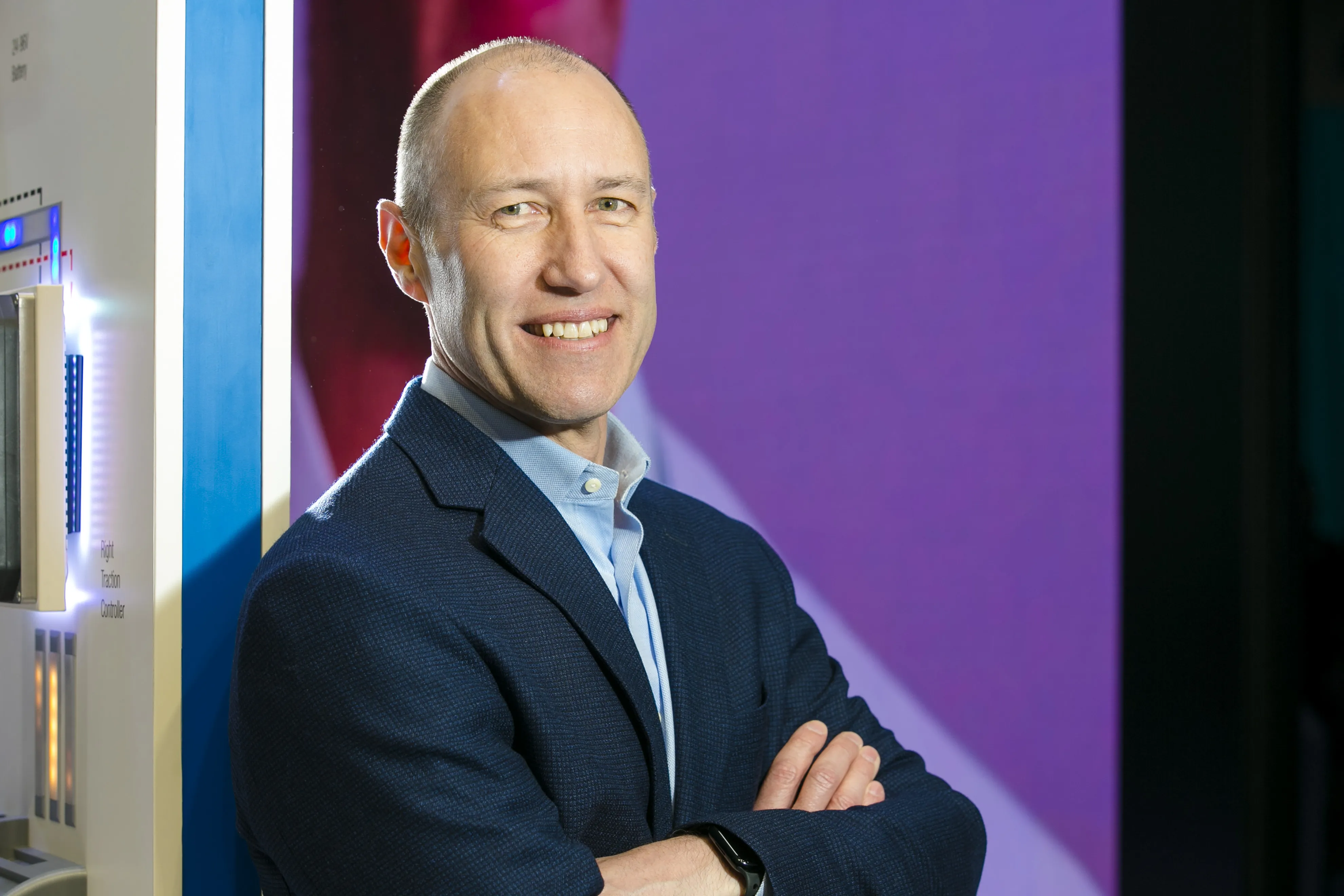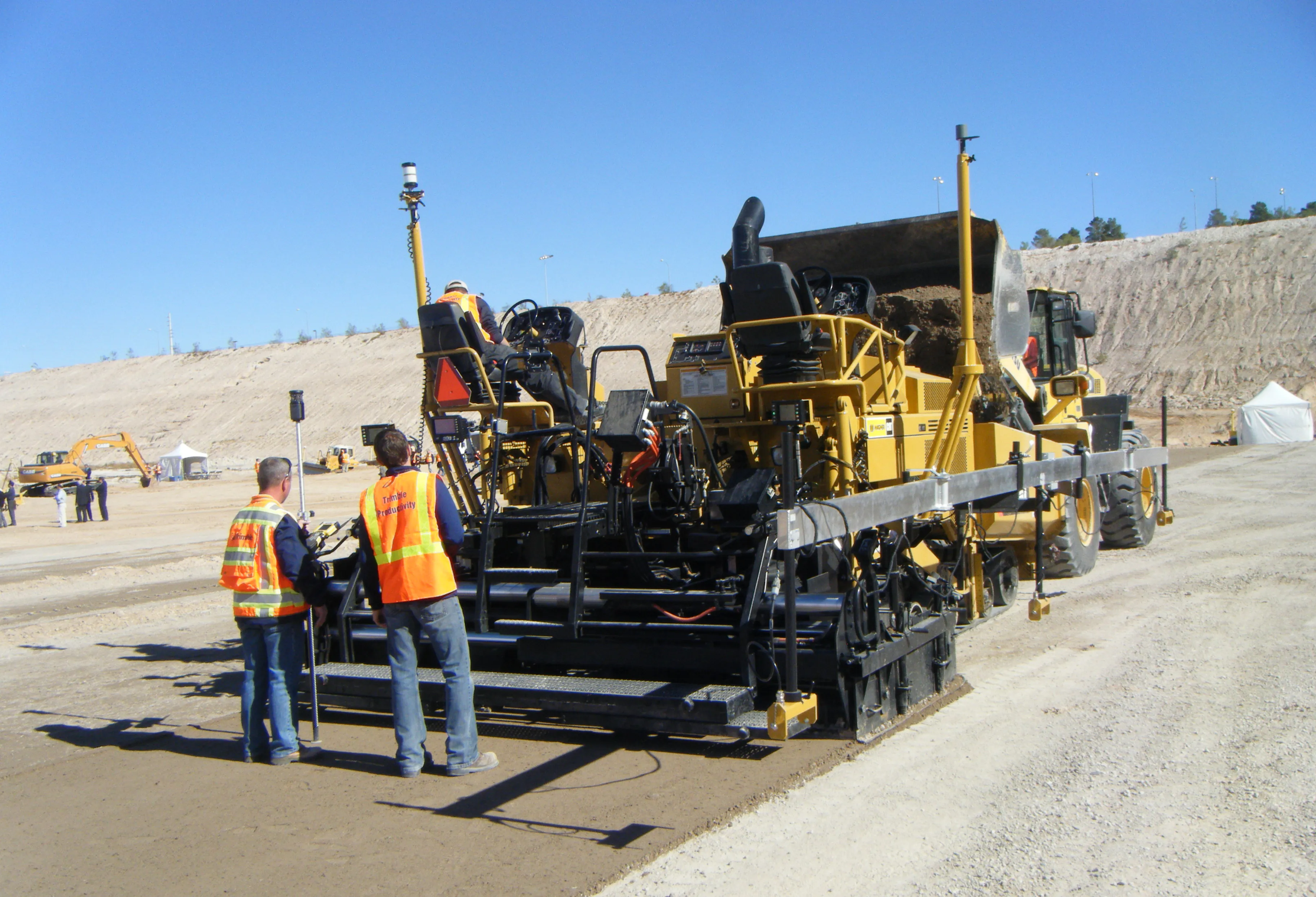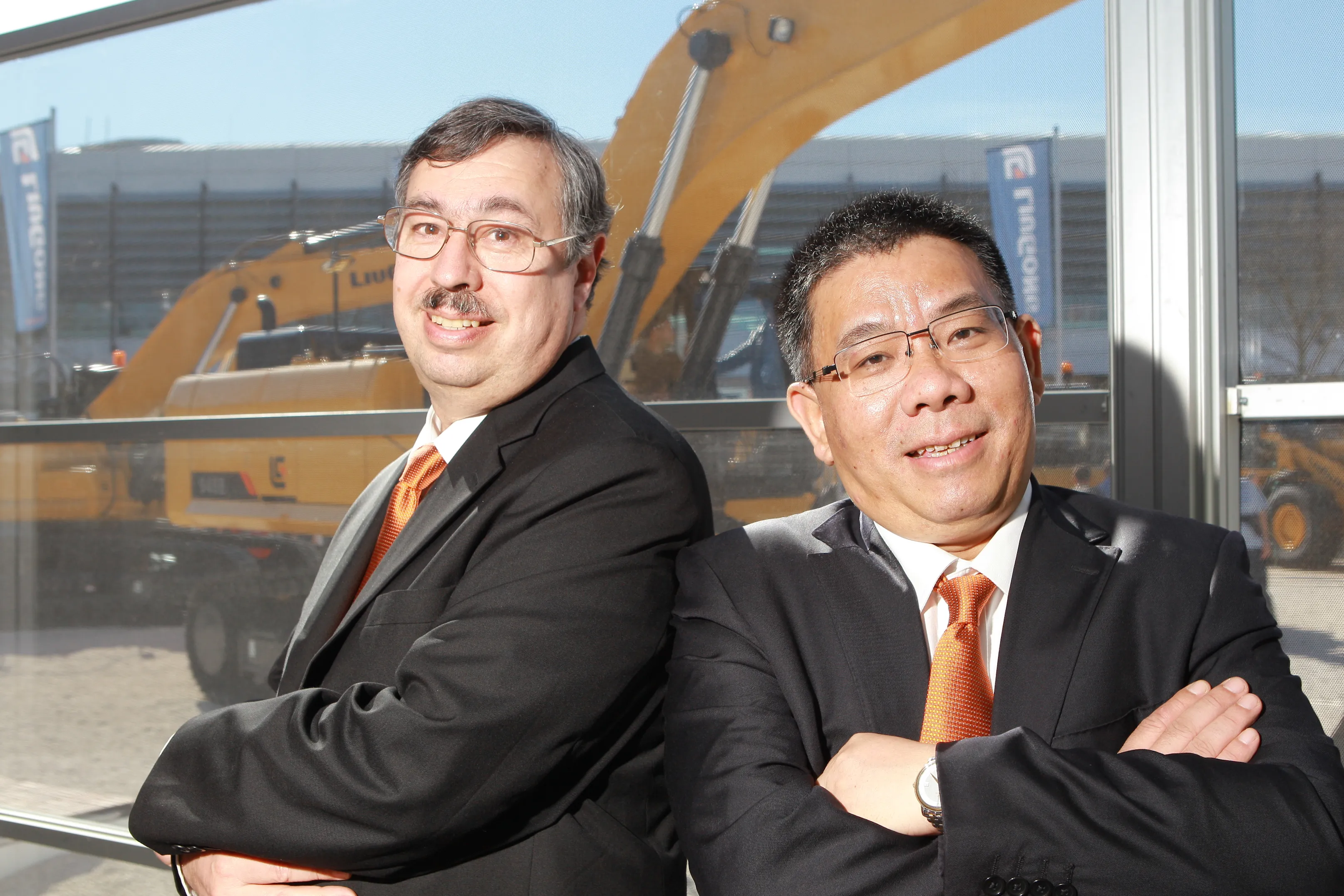
Eric Fontaine joined Rehlko as president of engines in January 2025, not long after the business was rebranded from Kohler.
“I was impressed with the spirit of innovation and the products we have, together with the high quality of the engines,” says Fontaine of Rehlko.
“For our products, within the package we provide, we really are best in class, especially around torque and power density.” He also pays tribute to the talent and enthusiasm of the Rehlko engine team.
Global investment company Platinum Equity became the major shareholder of Kohler Energy in May 2024, with the Kohler Company remaining as a minority shareholder while retaining the Kohler name. The rebranding to Rehlko -which is an anagram of Kohler - was announced in September 2024.
Fontaine came to Rehlko from electric-motor and power-transmission-component manufacturer Regal Rexnord Corporation, where he was vice president of the Industrial Components Division.
With a background in the US navy, Fontaine says that he hopes to bring the leadership and discipline skills he gained in his early working life to Rehlko’s engine business.
One of the challenges facing Rehlko is its global footprint, with production sites in the US, Italy, Mexico, and China which all have different ways of working, says Fontaine.
He wants to put more rigorous processes in place and identify best practice so that it can become standard practice around all Rehlko’s engine operations.
“There is a lot of complexity in large organisations and issues around how they pass and process information,” he says. “I want us to be more focused on operational excellence and customer service and be better aligned so that we can do a consistently better job and deliver value for customers.”
For customers that should mean faster responses to queries and questions and faster deliveries of engines, says Fontaine.
Innovation will still be a focus for Rehlko, although Fontaine hopes to bring more rigour to this too, referencing the Japanese continuous-improvement methodology, Kaizen.
“There are times when you can get out of sync if, at a high level, you don’t have clear objectives and focus,” says Fontaine. “When the twentieth really interesting thing comes along, we need to step back and focus on the top five.”








